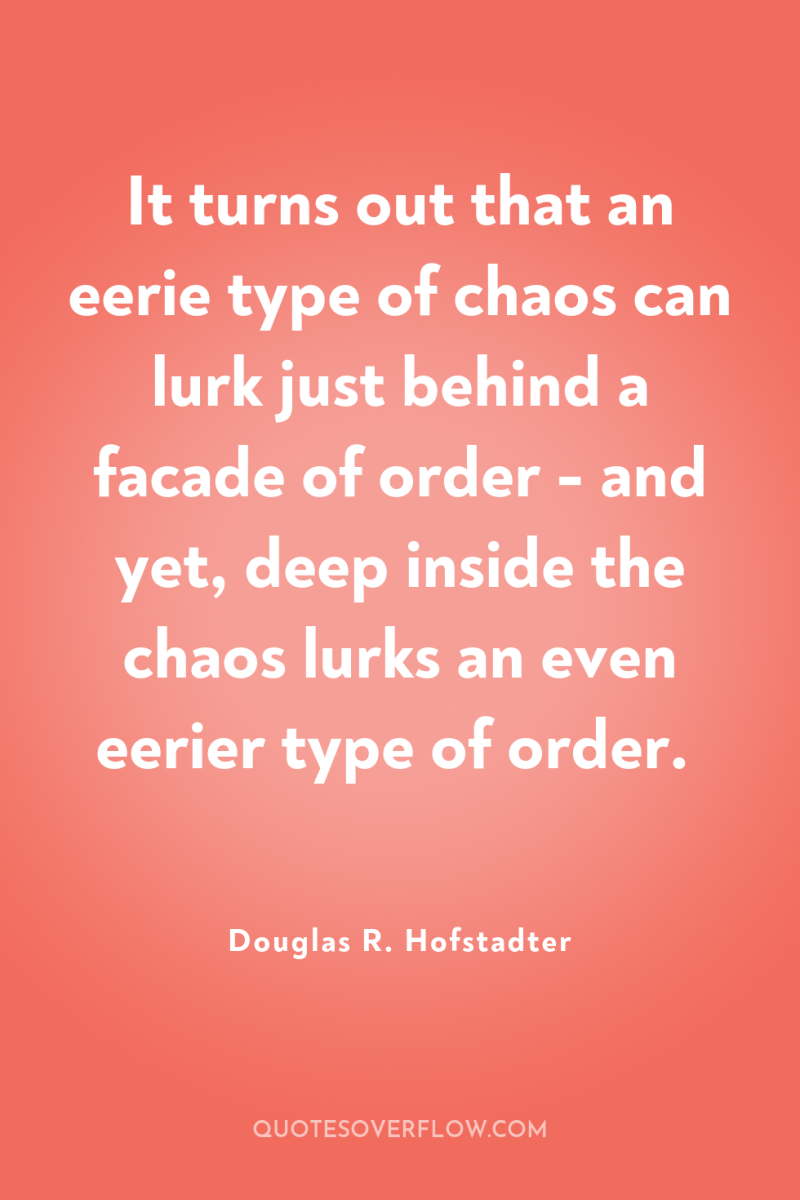1
People enjoy inventing slogans which violate basic arithmetic but which illustrate “deeper” truths, such as “1 and 1 make 1” (for lovers), or “1 plus 1 plus 1 equals 1” (the Trinity). You can easily pick holes in those slogans, showing why, for instance, using the plus-sign is inappropriate in both cases. But such cases proliferate. Two raindrops running down a window-pane merge; does one plus one make one? A cloud breaks up into two clouds -more evidence of the same? It is not at all easy to draw a sharp line between cases where what is happening could be called “addition”, and where some other word is wanted. If you think about the question, you will probably come up with some criterion involving separation of the objects in space, and making sure each one is clearly distinguishable from all the others. But then how could one count ideas? Or the number of gases comprising the atmosphere? Somewhere, if you try to look it up, you can probably fin a statement such as, “There are 17 languages in India, and 462 dialects.” There is something strange about the precise statements like that, when the concepts “language” and “dialect” are themselves fuzzy.Douglas R. Hofstadter

2
It turns out that an eerie type of chaos can lurk just behind a facade of order - and yet, deep inside the chaos lurks an even eerier type of order.Douglas R. Hofstadter
3
Sometimes it seems as though each new step towards AI, rather than producing something which everyone agrees is real intelligence, merely reveals what real intelligence is not.Douglas R. Hofstadter
4
And one of my firmest conclusions is that we always think by seeking and drawing parallels to things we know from our past, and that we therefore communicate best when we exploit examples, analogies, and metaphors galore, when we avoid abstract generalities, when we use very down-to-earth, concrete, and simple language, and when we talk directly about our own experience.Douglas R. Hofstadter
5
I am a lifelong lover of form—content interplay, and this book is no exception. As with several of my previous books, I have had the chance to typeset it down to the finest level of detail, and my quest for visual elegance on each page has had countless repercussions on how I phrase my ideas. To some this may sound like the tail wagging the dog, but I think that attention to form improves anyone’s writing. I hope that reading this book not only is stimulating intellectually but also is a pleasant visual experience. .Douglas R. Hofstadter
6
Saying that studying the brain is limited to the study of physical entities would be like saying that literary criticism must focus on paper and bookbinding, ink and its chemistry, page sizes and margin widths, typefaces and paragraph lengths, and so forth.Douglas R. Hofstadter
7
No, no - I think about thinkingDouglas R. Hofstadter
8
Hofstadter's Law: It always takes longer than you expect, even when you take into account Hofstadter's LawDouglas R. Hofstadter
9
It now becomes clear that consistency is not a property of a formal system per se, but depends on the interpretation which is proposed for it. By the same token, inconsistency is not an intrinsic property of any formal system.Douglas R. Hofstadter
10
A term meant to convey a person's inability to make sense of the numbers that run their lives.Douglas R. Hofstadter
11
We don't want to focus on the trees (or their leaves) at the expense of the forest.Douglas R. Hofstadter